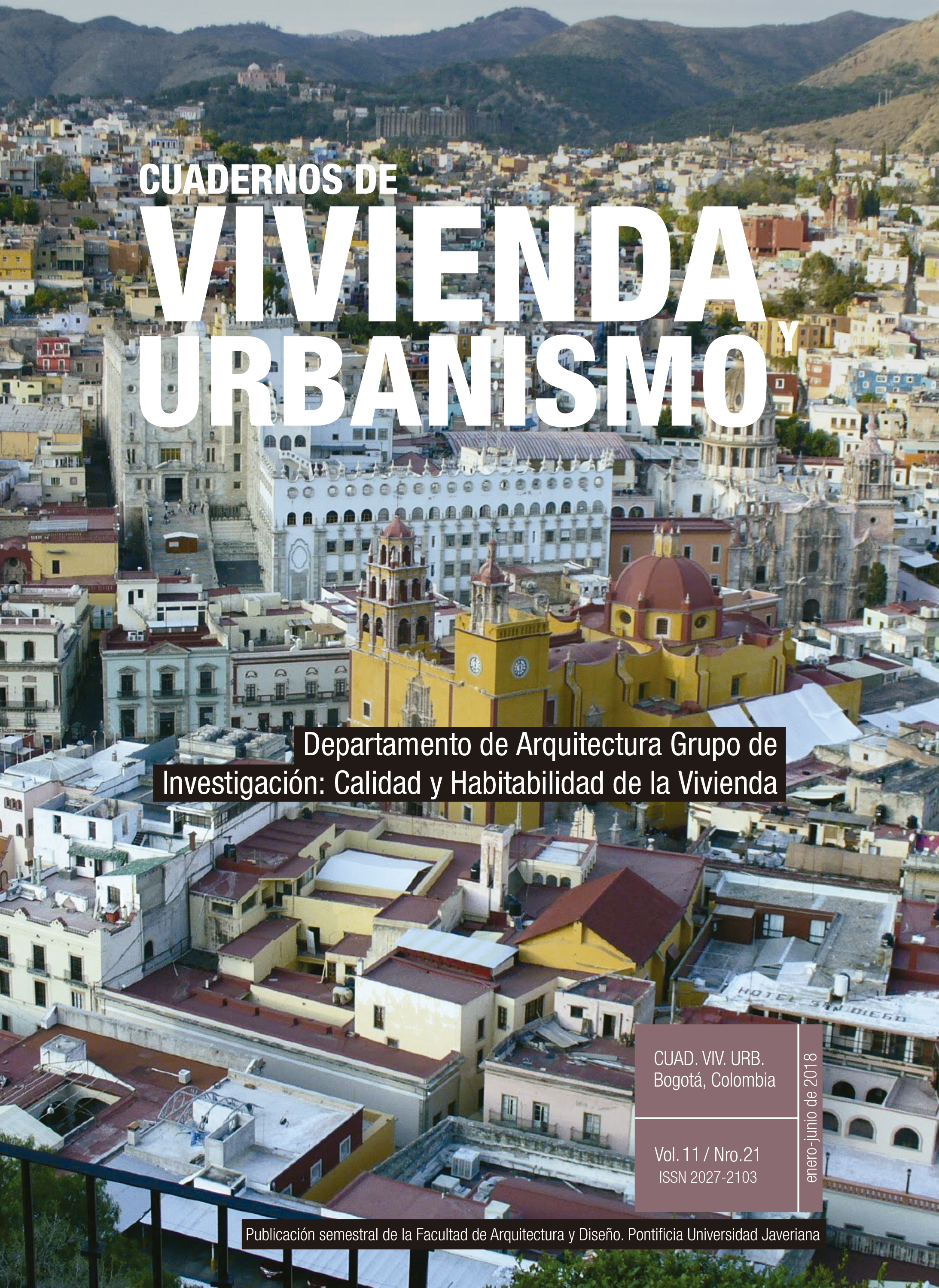Resumen
En las últimas décadas, el rol del Estado argentino en materia de política habitacional cambia de productor de viviendas a “facilitador” de las acciones del sector privado mediante una serie de reformas en el sistema institucional y financiero. En este contexto, el Gobierno nacional lanzó en 2012 el Programa de Crédito Argentino (ProCreAr) para paliar la crisis habitacional del país y reactivar la economía como medida contracíclica. A partir del caso del área metropolitana de Rosario, se pretende evaluar la innovación del ProCreAr para 1) contribuir y ampliar los marcos teóricos y de antecedentes sobre las políticas de hábitat, y 2) explicar sus efectos directos e indirectos en múltiples escalas territoriales. Se argumenta que la singularidad del ProCreAr radica en su estilo mixto mediante el cual se combinan políticas compensatorias y redistributivas. Sin embargo, el alcance limitado de esta “protección social” no logra influir en el mercado de la vivienda, del suelo o de la construcción y produce efectos indirectos en los procesos de urbanización a escala local y metropolitana.
Esta revista científica se encuentra registrada bajo la licencia Creative Commons Reconocimiento 4.0 Internacional. Por lo tanto, esta obra se puede reproducir, distribuir y comunicar públicamente en formato digital, siempre que se reconozca el nombre de los autores y a la Pontificia Universidad Javeriana. Se permite citar, adaptar, transformar, autoarchivar, republicar y crear a partir del material, para cualquier finalidad (incluso comercial), siempre que se reconozca adecuadamente la autoría, se proporcione un enlace a la obra original y se indique si se han realizado cambios. La Pontificia Universidad Javeriana no retiene los derechos sobre las obras publicadas y los contenidos son responsabilidad exclusiva de los autores, quienes conservan sus derechos morales, intelectuales, de privacidad y publicidad.
El aval sobre la intervención de la obra (revisión, corrección de estilo, traducción, diagramación) y su posterior divulgación se otorga mediante una licencia de uso y no a través de una cesión de derechos, lo que representa que la revista y la Pontificia Universidad Javeriana se eximen de cualquier responsabilidad que se pueda derivar de una mala práctica ética por parte de los autores. En consecuencia de la protección brindada por la licencia de uso, la revista no se encuentra en la obligación de publicar retractaciones o modificar la información ya publicada, a no ser que la errata surja del proceso de gestión editorial. La publicación de contenidos en esta revista no representa regalías para los contribuyentes.



